Iniziativa dei Cittadini Europei
A partire dal 2012, i cittadini dell’UE hanno acquisito il diritto di rivolgersi direttamente alla Commissione Europea attraverso un’Iniziativa dei Cittadini Europei per proporre un emendamento legislativo concreto.
Per fare questo, è necessario prima di tutto costituire un comitato di cittadini, composto da almeno sette membri* provenienti da almeno sette diversi paesi dell’UE. Dopo una valutazione positiva dell’iniziativa da parte della Commissione Europea, il Comitato dei Cittadini ha un anno di tempo per raccogliere le firme.
Deve essere raccolto un totale di almeno un milione di firme, e il numero minimo di firme deve essere raggiunto in almeno un quarto degli Stati dell’UE, attualmente sette Stati dell’UE[1]. Il numero minimo richiesto è circa 750 volte il numero di membri del Parlamento Europeo di questo Paese – in Germania, ad esempio, sono necessarie 72.000 firme.
Il numero minimo di firme richieste per ogni Stato membro dell’UE si trova nel Registro ufficiale della Commissione europea[2]. Può essere firmato sia per iscritto sia online.
Se il numero di firme richiesto viene raggiunto entro il termine stabilito, la Commissione europea è tenuta a pronunciarsi e il Comitato dei Cittadini può presentare la sua iniziativa al Parlamento Europeo in un’assemblea pubblica. Entro tre mesi, la Commissione europea risponderà su come intende procedere. Nella migliore delle ipotesi, ciò porterà all’adozione della proposta e ad un emendamento legislativo. Tuttavia, la Commissione Europea può anche rifiutare l’Iniziativa dei Cittadini e dichiarare le motivazioni che hanno portato a tale conclusione.
Consideriamo l’Iniziativa dei Cittadini Europei come un’opportunità di impegnarsi per l’estensione del Regolamento sulle Pinne Naturalmente Annesse ( “Fins Naturally Attached Regulation”) nell’Unione Europea. Pertanto, abbiamo bisogno del maggior numero possibile di sostenitori in tutta l’UE.
* deve essere raggiunta l’età minima per votare (di solito generalmente 18 anni, Austria e Malta 16 anni, Grecia 17 anni) e non si deve essere membri della Commissione Europea. Non è richiesta l’iscrizione al registro elettorale.
[1] Regulation (EU) No 211/2011 of the European Parliament and of the Council of 16 February 2011 on the citizens’ initiative, 2011
[2] Official Register of the European Commission on the European Citizens’ Initiative, https://ec.europa.eu/citizens-initiative/public/signatories, 2019
Promotori dell’Iniziativa dei Cittadini dell’UE
Rappresentante:
Membro:
Nils Kluger
Germany
Nationality: German
Substitute:
Alexander Hendrik Cornelissen
Netherlands
Nationality: Dutch
Luis Miguel Fonseca Alves
Portugal
Katrien Vandevelde
Belgium
Monica Tenorio de Figueiredo Gabell
Sweden
Fernando Frias Reis
Spain
Frédéric Xavier Le Manach
France
Julian Engel
United Kingdom
Veerle Gishlain Roelandt
Italy
Chrysoula Gkoumpili
Greece
Sabine Reinstaller
Austria
Fabienne Rossier
France
Alexandar Dourchev
Bulgaria
Andrew Mark Griffiths
United Kingdom
Initiators #stopfinningEU
“With this initiative we as citizens have the chance to speak out against illegal finning and catching of sharks purely for their fins. The trading of fins from Europe must stop!”
Nils is a shark conservation activist at Stop Finning Deutschland and scuba diving instructor. He has been diving with sharks around the world and experienced both their beauty and meaning for marine ecosystems as well as the threats humans pose to their existence.
Dr. Nils Kluger
Germany, Spokesperson
“Sharks are the most underappreciated animals in the oceans, sheer perfection and beauty. The importance of sharks in the eco-system is fundamental in the survival of the oceans; we need to step up our measures to protect sharks.”
Alex is the CEO of Sea Shepherd Global. Through his work for Sea Shepherd he has witnessed first hand the devastating effects of shark fishing on shark populations worldwide. He has also had the privilege to dive with sharks in many remote areas.
Alex Cornelissen
Netherlands, Substitute Spokesperson
“Many of these species have local or global protections and this petition and the legislation it represents would help really enforce measures put in place to preserve these rapidly disappearing sharks”.
Andrew is a marine biologist and university lecturer in the UK. Some of his recent research has shown that endangered sharks are on sale in the EU, including shark fins from beautiful animals such as hammerhead and mako sharks.
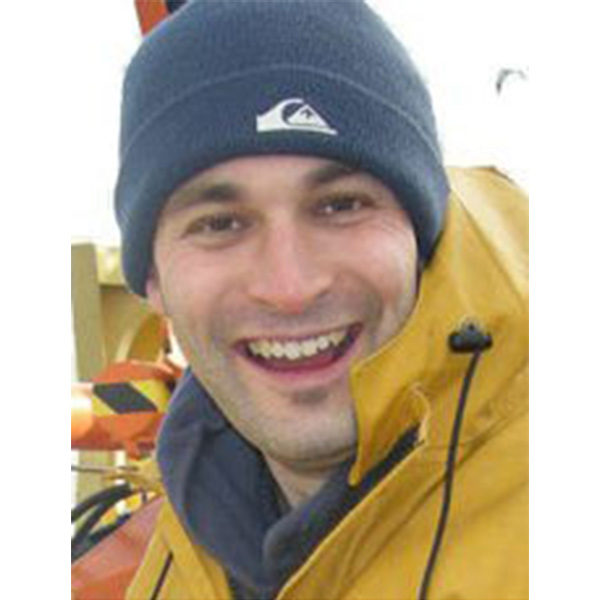 – Andrew Griffith, United Kingdom
– Andrew Griffith, United Kingdom
Julian Engel is a marine ecologist and fisheries analyst, who has worked in the context of illegal fishing in Honduras, West Africa and South-East-Asia. His work incorporates not only the ecosystem but also the integration of socioeconomics in sustainability.
As the co-founder of the NGO Stop Finning, he creates advocacy on the crucial role that sharks play in healthy ecosystems and the sustainability of our oceans.
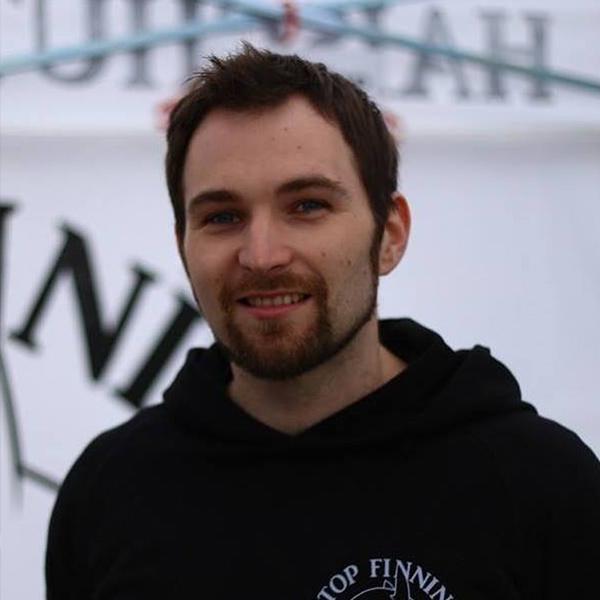 – Julian Engel, Great Britain
– Julian Engel, Great Britain
“Shark numbers all over the world have been decreasing for decades. Most species take many years to reach sexual maturity and reproduce, making these animals particularly vulnerable to overfishing. For many years now the EU has dismissed scientists’ warnings and recommendations, but that has to stop. I joined this initiative because sharks need our help and I believe stopping the fin trade is a step in the right direction. Together, we can do it!”
Luís Alves has an MSc in Applied Biotechnology and is a biology PhD candidate at the Faculty of Sciences of the University of Lisbon. His research is focused on the study of the effects of pollution in sharks found in Portuguese waters. He has also worked as a fisheries observer and is the current president of the Portuguese Association for the Study and Conservation of Elasmobranchs (APECE).
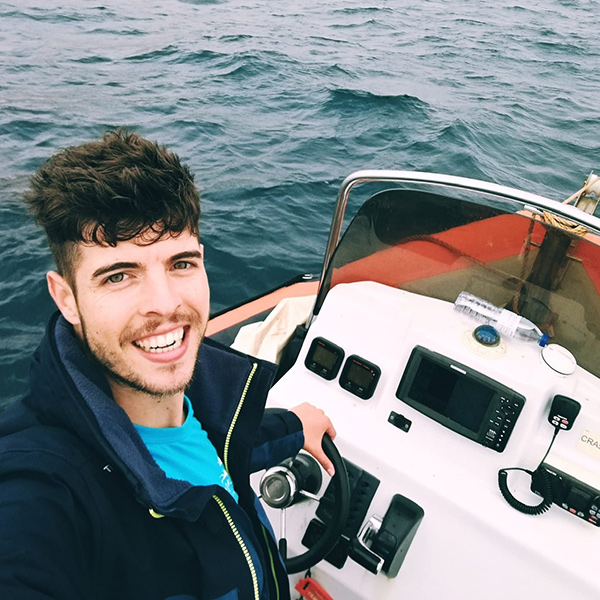 – Luís Alves, Portugal
– Luís Alves, Portugal
“Since a couple of decades, and especially due to an increased market demand for shark fins, overfishing and many other human activities, many sharks species have been driven to the rim of extinction. I believe we all must do our best to create awareness as of the importance of sharks for the balance of all marine biodiversity and, consequently for the entire planet.”
Conservationist, environmentalist, shark expert, specialised in shark diver training and in shark advocation. Fernando Frias Reis is the Founder and Executive Director of the Sharks Educational Institute which he founded in 2016.
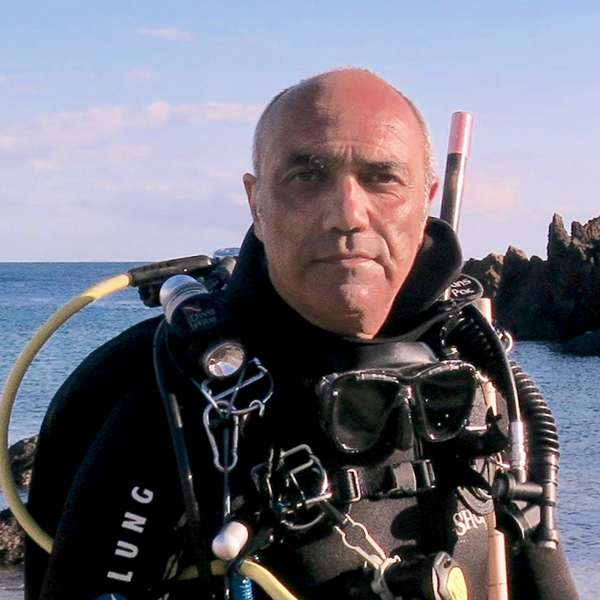 – Fernando Reis, Spain
– Fernando Reis, Spain
Chrysoula is a molecular biologist who is based at the Fisheries Research Institute (FRI), Nea Peramos, Greece. Dr. Gubili gained her PhD in the population genetics of the Great White in 2009 and has a very longstanding interest in chondrichthyan biology.
She is a newly appointed researcher at the FRI and she has been recently appointed as head of the “Elasmobranch Database” of the Greek National Program of Data Collection in the Fisheries and Aquaculture Sectors for the Northern Aegean Sea.
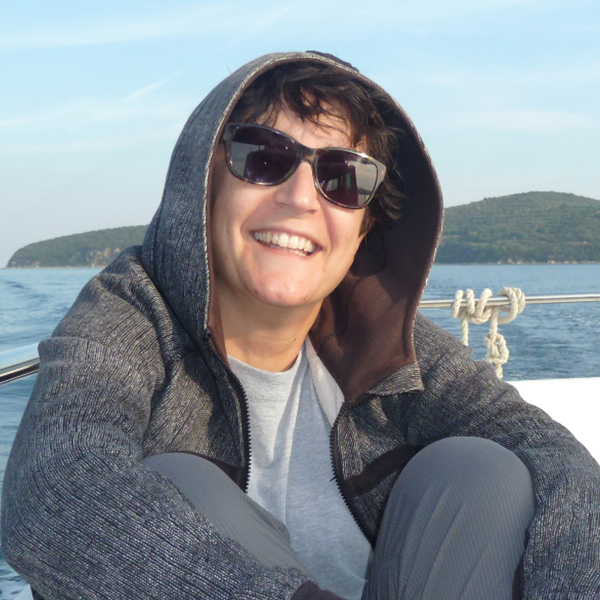 – Dr. Chrysoula Gubili, Greece
– Dr. Chrysoula Gubili, Greece
Monica is in the process of finishing her Master’s in Aquatic Ecology at Lund University (Sweden) and has mainly focused on marine environments.
She is fascinated by the ocean and all the life found within. She supports the citizens’ initiative because sharks are misunderstood and feared, but in truth they are of the utmost importance to marine life and ecosystems, and they should not disappear simply because humans are greedy.
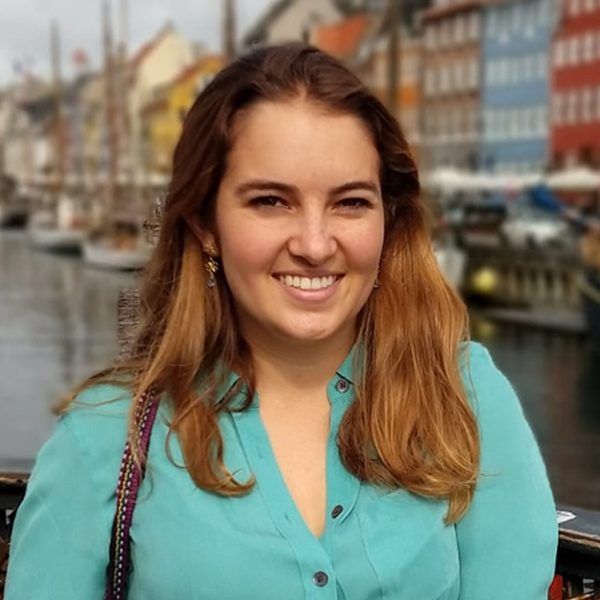 – Monica Gabell, Sweden
– Monica Gabell, Sweden
Veerle is a diver, ocean lover and sharks are on top of her bucket-encounter-list: Diving is her religion, the ocean her church and sharks are the chief priests.
She has been working with many organizations (Shark Angels, Sea Save Foundation and others) and has her own: The Global Shark Conservation Initiative, which has initiated many letter campaigns to authorities, supermarkets and restaurants in order to get more protection for sharks. This campaign is important to her, as we should do everything within our power to stop sharks from being slaughtered at today’s rate.
 – Veerle Roelandt, Italy
– Veerle Roelandt, Italy
Katrien Vandevelde is a passionate diver with the soul of an activist.
Over the last 15 years she has worked as a board member, a communications officer and a volunteer for multiple NGO’s, where she initiated and implemented, or assisted in the execution of grassroots projects. Then, along with her husband, she founded BlueShark Conservation, an NGO focussed on raising awareness and on assisting international NGO’s during their shark or ocean conservation campaigns.
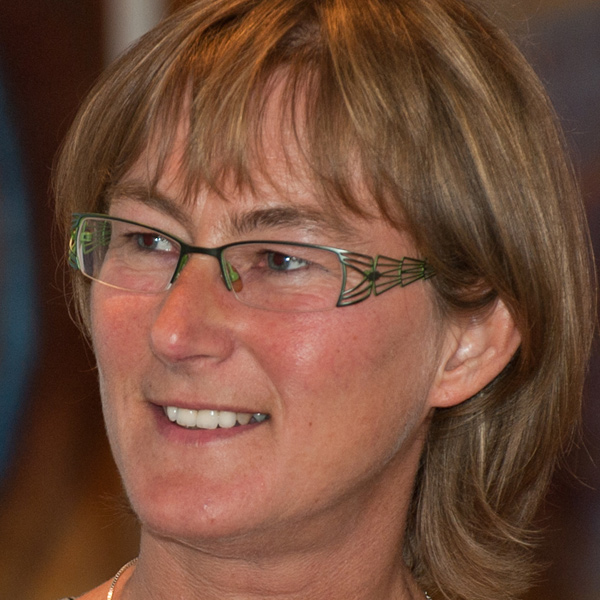 – Katrien Vandevelde, Belgium
– Katrien Vandevelde, Belgium
